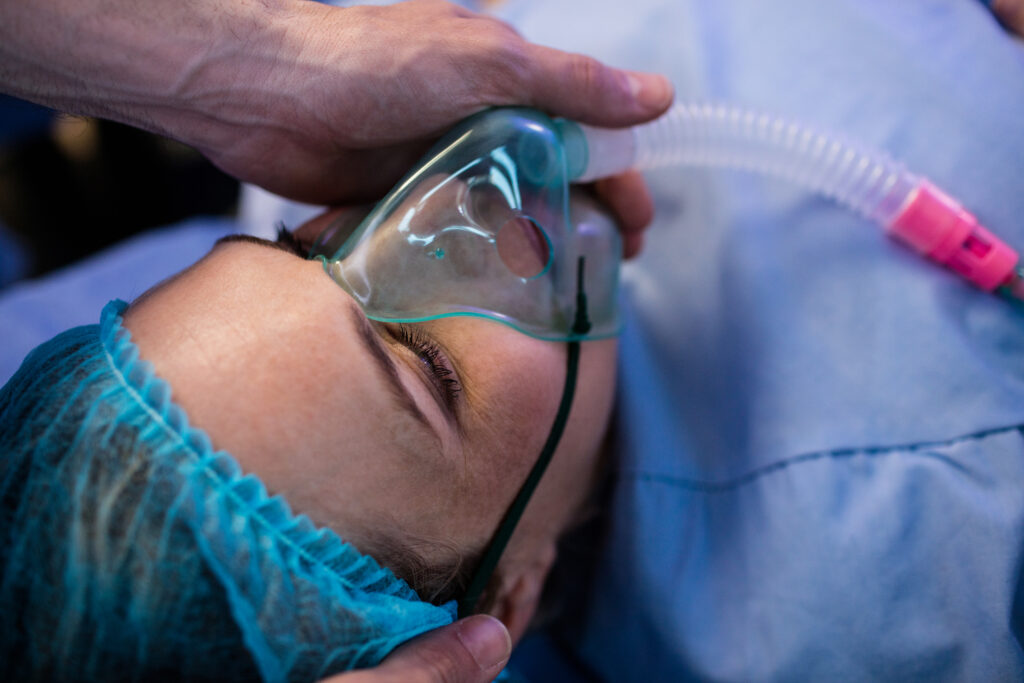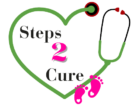Atrioventricular Septal Defect (AVSD) Treatment
Atrioventricular septal defect (AVSD), also known as AV canal defect, is a congenital heart condition characterized by abnormalities in the heart’s valves and the walls separating its upper and lower chambers. This condition is sometimes referred to as endocardial cushion defect. There is a milder form known as primum atrial septal defect or incomplete atrioventricular septal defect. The precise cause of atrioventricular septal defects remains unknown.

Symptoms
Signs and symptoms of a complete Atrioventricular Septal Defect (AVSD) typically become evident in the early weeks of life. These indications closely resemble those associated with heart failure and may encompass:
Breathing Difficulties or Rapid Breathing: Infants with this defect may exhibit labored breathing or rapid respiratory rates.
Wheezing: Wheezing sounds during breathing can be a sign of compromised heart function.
Fatigue: Affected infants may appear excessively tired or lethargic.
Lack of Appetite: Feeding difficulties and a reduced appetite may be observed.
Poor Weight Gain: Inadequate weight gain is common due to the increased effort required for feeding.
Pale Skin Color: The skin may appear paler than usual.
Bluish Discoloration of Lips and Skin: Cyanosis, a bluish tint of the lips and skin, can occur due to insufficient oxygen delivery.
Excessive Sweating: Profuse sweating, especially during feeds or exertion, is a possible symptom.
Irregular or Rapid Heartbeat: Abnormal heart rhythms may be detected.
Swelling in the Legs, Ankles, and Feet (Edema): Fluid retention can lead to swelling in the lower extremities.
These signs and symptoms are indicative of compromised heart function and inadequate oxygenation of the body’s tissues, warranting immediate medical attention and evaluation by a healthcare professional.
When to access Medical Care
The majority of newborns with an Atrioventricular Septal Defect (AVSD) typically do not exhibit heart-related symptoms. However, congestive heart failure often emerges within the initial 1 to 2 months of life. It’s not uncommon for these infants to experience growth and motor development delays. In some cases, when they cry, certain babies with ASD may display a slight bluish tint on their lips and/or beneath their fingernails. This bluish discoloration, known as cyanosis, occurs when blood from the right side of the heart flows into the left side (and subsequently into the body) through one of the defects.
Determinants of risk
Factors that can increase a baby’s risk of developing an atrioventricular canal defect (ACD) include:
Down Syndrome in the Baby: Infants born with Down syndrome are at a higher risk of congenital heart defects, including ACD.
German Measles (Rubella) or Viral Illness in the Mother During Early Pregnancy: Maternal infections, especially during the early stages of pregnancy, can increase the risk of heart defects in the baby.
Poorly Controlled Diabetes During Pregnancy: Uncontrolled diabetes in expectant mothers can raise the risk of birth defects, including ACD, in their babies.
Substance Use During Pregnancy: Drinking alcohol or smoking during pregnancy can elevate the risk of congenital heart defects.
Medications During Pregnancy: Certain medications taken during pregnancy can potentially contribute to the development of congenital heart defects. It’s essential to consult a healthcare provider before using any medications while pregnant.
Recovery process
Recovery duration varies, contingent on factors like patient characteristics, chosen procedure, and the extent of severity.
Why entrust your care to us?
At Steps 2 Cure, our foundation of trust is built upon several key pillars that ensure your confidence in our services and expertise. Our team comprises highly qualified professionals with extensive experience in their respective fields. Their knowledge and skills enable us to offer you the best possible care and solutions for your medical needs. We understand that each individual is unique, and so are their healthcare requirements.
That’s why we prioritize tailoring our treatments and approaches to your specific circumstances, ensuring that you receive care that is truly designed for you. You are at the heart of everything we do. Your comfort, concerns, and aspirations guide our efforts. Our compassionate approach ensures that you feel valued and supported throughout your healthcare experience.
To commence the treatment procedure, you can start by forwarding your questions via WhatsApp at (+91 9999652964) or by sending an email to care@steps2cure.com. Our team will ensure a swift response to your queries.
Atrioventricular Septal Defect (AVSD) Treatment
Still have a Query?
Your health and peace of mind matter to us, and we’re dedicated to addressing any inquiries you may have with care and expertise. Feel free to reach out.
Subsribe To Our Newsletter
Stay in touch with us to get latest news and special offers.

